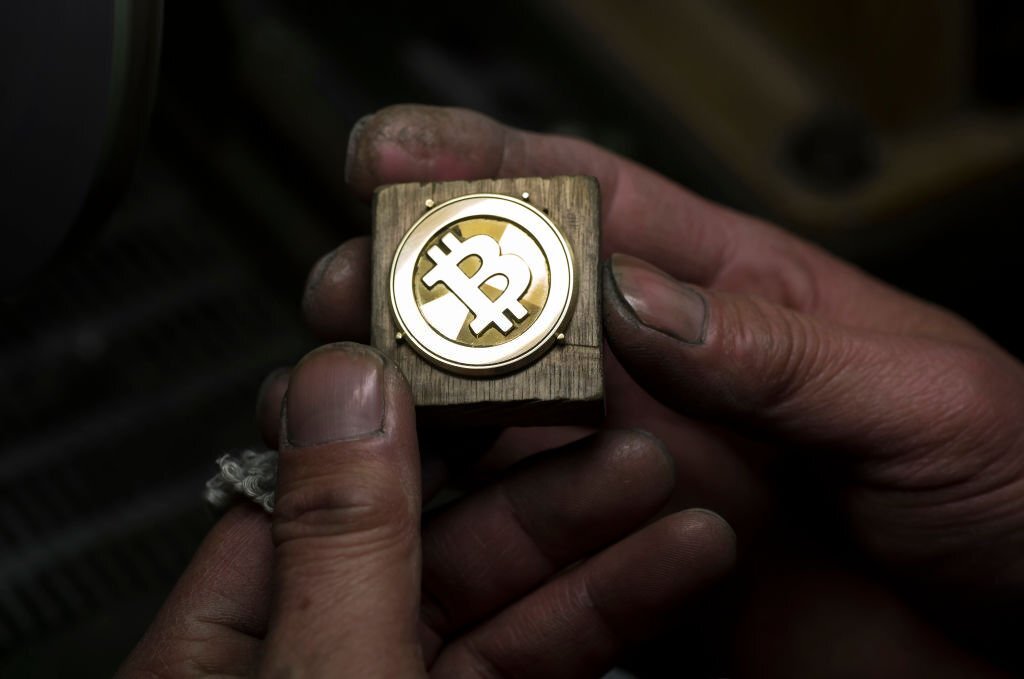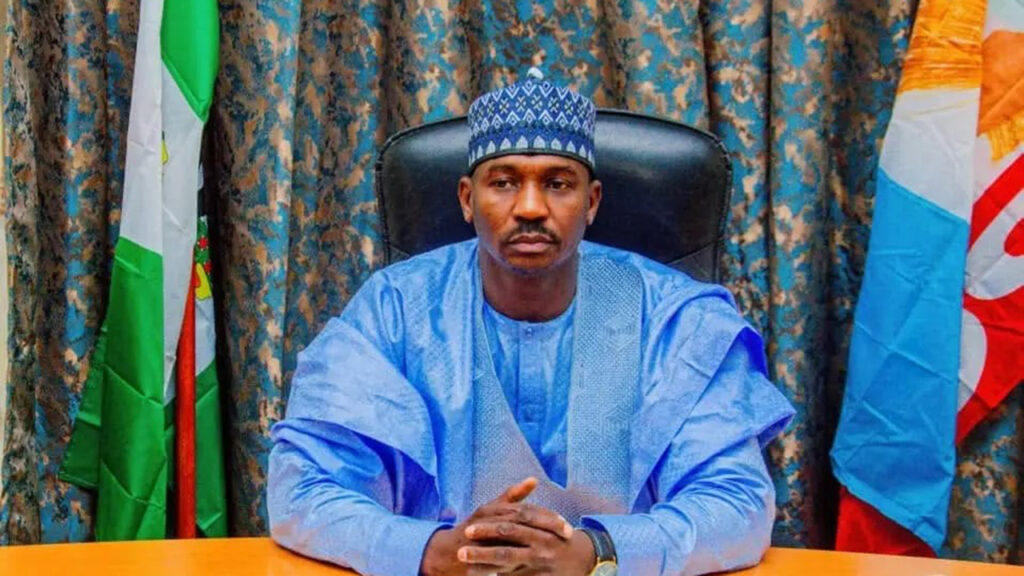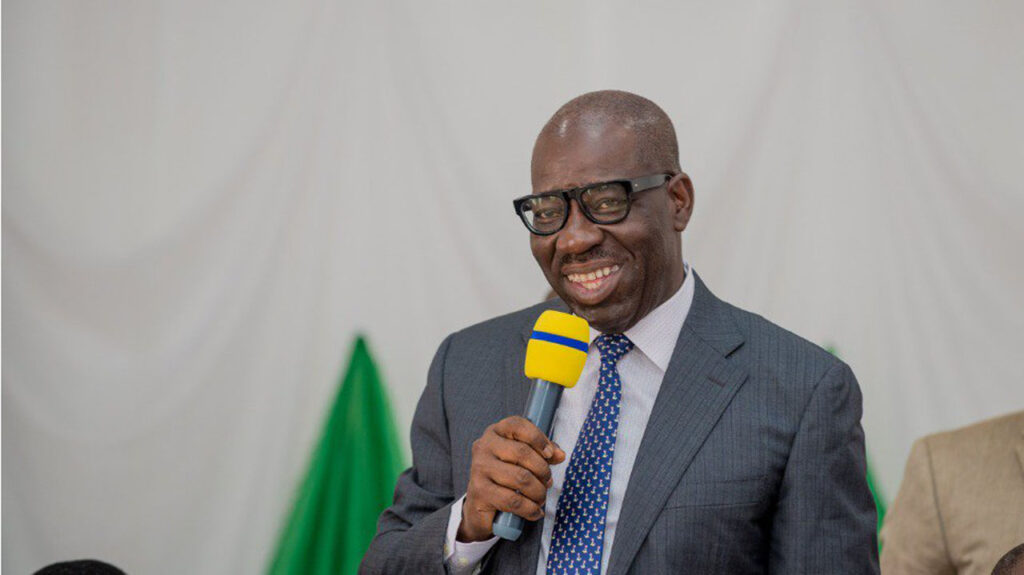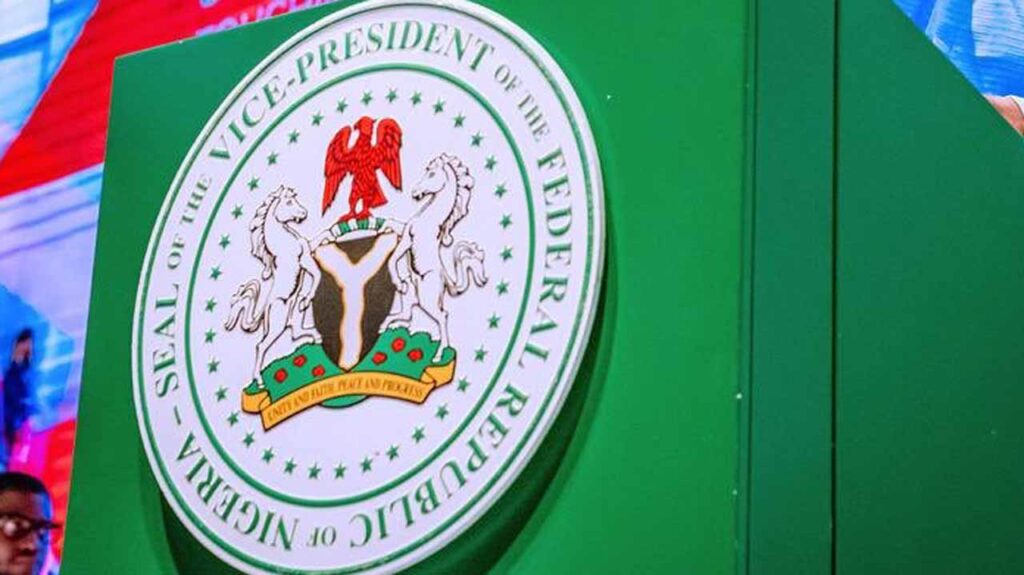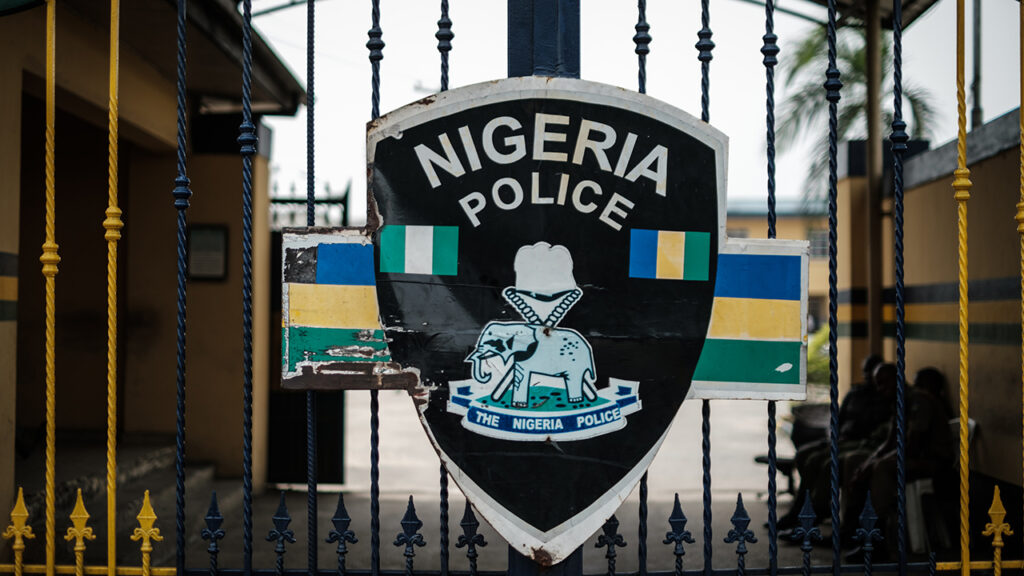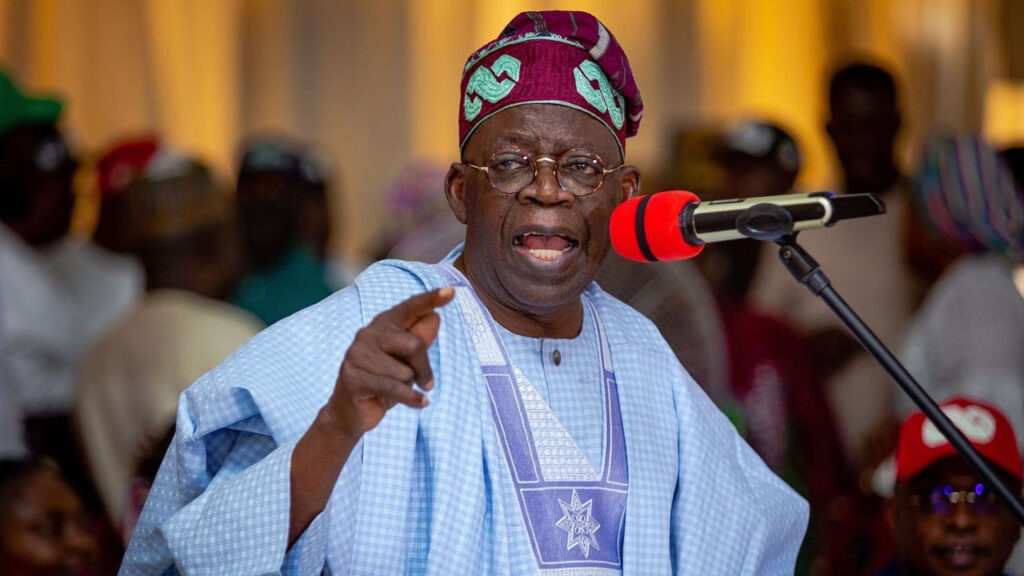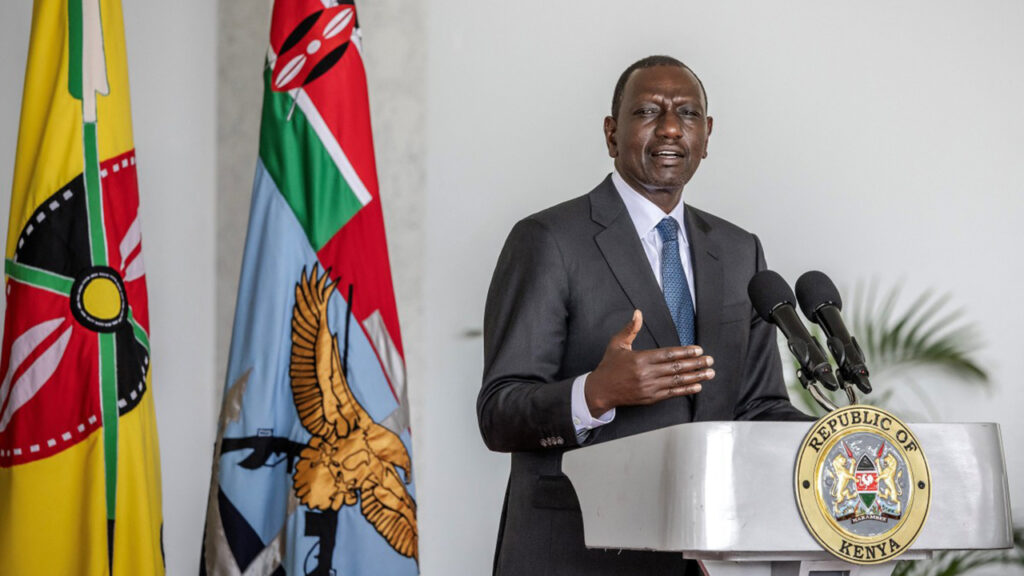
DEPENDING on where one is standing, in Nigeria, the name Igbo is a compound word that includes many ethnic groups heaped together.
The perception of who constitutes the Igbo varies from place to place and could determine, to a large extent, how one is treated outside Igbo land.
While, in the strict sense, the Igbo refers to one of the three major ethnic groups in Nigeria found East of the River Niger; in a broad sense, the Igbo includes, in one angle, all the ethnic groups in southern Nigeria (if one is in the North), or the ethnic groups found in the defunct Eastern Region of Nigeria (if one is in the South-West).
The Igbo cut this image because they are very vibrant and industrious, always conspicuous.
Geo-politically, the Igbo do not refer only to the ethnic group that bears that name. The broad perception of the Igbo is due to misconception rather than hatred.
There are over 250 ethnic groups in Nigeria out of which three are outstanding, namely: Hausa, Igbo and Yoruba. This was what most of us were taught in the primary school.
Therefore, depending on where you are, every Nigerian is seen as Hausa, Igbo or Yoruba. The other ethnic groups were subsumed under these three.
For instance, to a typical Hausa man in Northern Nigeria, the Igbo refer to all non-Hausa speaking people from Southern Nigeria. The Northerners call the Igbo nyamiri, which is concocted from the Igbo phrase nyem miri, meaning, give me water.
To a Northerner, nyamiri refers to everybody from Southern Nigeria, irrespective of the ethnic group. A typical Hausa man doesn’t know that the Igbo are distinct from the Yoruba. Similarly, our common perception in the South-East is that everybody in North is Hausa. We call the entire North Ugwuhausa, meaning literally, the hill country of the Hausa.
Similarly, a typical Yoruba in Southwest Nigeria sees all non-Yoruba as Igbo, excluding, perhaps, the Hausa. Therefore, when a Yoruba says omoIbo, he is not just referring to the Igbo-speaking ethnic group but all non-Yoruba-speaking people, excluding the Hausa.
Nevertheless, the Igbo are often at the centre of the discourse because of their early predominance. The Igbo, who bear the ethnic tag, often take exception to any mention of Igbo anywhere, especially, if it is for bad reasons. By so doing, the Igbo often bear the brunt of ethnic profiling in Nigeria.
I decided to take a closer look at this issue following the hullabaloo over the recent statement credited to the Oba of Lagos, Alhaji Rilwan Akiolu. The Oba was reported to have threatened the Igbo to vote for Mr. Akinwunmi Ambode, the All Progressives Congress (APC) candidate, or perish in the lagoon.
Since the news broke, the Igbo of Southeast extraction have taken it very seriously and made representations to the Oba and other key stakeholders in Lagos. But the Oba’s Palace issued a statement that the royal father was misrepresented in the press and pleaded for understanding.
I am not out to analyze the import of the statement, but to examine what the Igbo means in the statement. As I said earlier, the Igbo could refer to all non- Hausa-speaking people in Southern Nigeria if one is in the North, or all non-Yoruba-speaking people if one is in the South-West.
Therefore, as far as I am concerned, the Igbo in the statement did not refer to Igbo-speaking people in Lagos alone, but all non-Yoruba-speaking people. This includes people from the Niger Delta and beyond.
How do I know this? The statement was based on the voting pattern in the March 28 presidential election. The results showed that the states in the defunct Eastern region comprising the South-East and South-South zones voted overwhelmingly for the incumbent President Goodluck Jonathan.
Here in Lagos, the Peoples Democratic Party’s (PDP) tally was quite overwhelming, with 632,327 votes, while the APC had 792,460, giving a marginal difference of 160,133 votes. This close tally was attributed to the votes of the Igbo, i.e., non-Yoruba-speaking people from the South-East and South-South zones, who favoured President Jonathan in the presidential election.
Pundits in the South-West had reason to be worried. They reasoned that this was a dangerous development. A situation where the Igbo (non-indigenes) could sway the voting pattern to almost give victory to their opponent was unacceptable. What is at play is geo-politics. No ethnic group wants to be dominated. Am sure the Igbo don’t want domination.
Apparently, Oba Akiolu’s outburst was meant to forewarn non-indigenes to desist from swimming against the tide in Lagos. Though undemocratic, it bared the mind of a ruler who cherishes the geo-political integrity of his jurisdiction.
How many Igbo traditional rulers care about Igbo being dominated? We need Ezes in the ilk of Oba Akiolu in the South-East.
Granted that Nigeria has not developed to the level where “non-indigenes” are allowed to dominate the political power in an area, our democracy is maturing towards that, but not yet. Until we get there, ethnic cleavages still dictate who wins and who loses elections. As expected, the APC candidate, Akinmunmi Ambode, won the election. That settles the matter.
It is important for the Igbo of South-East extraction to understand that whenever the name Igbo is mentioned outside Igbo land in Nigeria, it does not refer only to them (Okoro), but all non-natives of the area.
Since the statement was made in Lagos, the Igbo, therefore, refer to all non-Yoruba, who voted for the PDP. This includes people from the South-East, South-South, Edo and Delta. The Igbo ethnic group should not assume that they are the only ones being referred to. That would automatically make them the scapegoat.
That was exactly what happened during the Nigeria-Biafra war. Whereas the war was waged against the defunct Eastern Region and part of Mid-West, comprising the present South-East, South-South and part of Delta State, the Igbo ethnic group bore the brunt, to the extent that many saw Biafra as Igbo personified, which is incorrec


